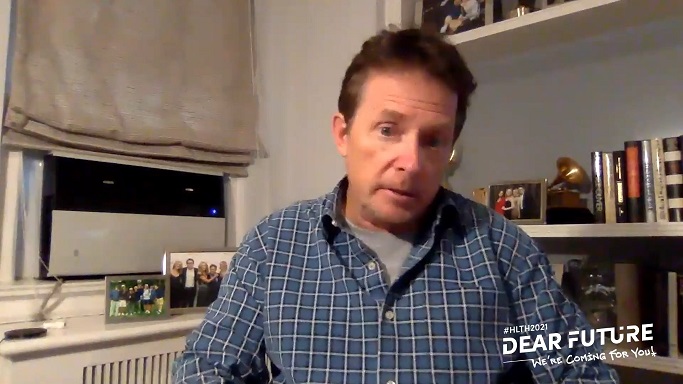
Michael J. Fox speaks at HLTH 2021. His foundation has raised more than $1 billion toward finding treatments for Parkinson’s disease.
Since Michael J. Fox started the eponymous foundation 21 years ago, it has raised more than $1 billion toward Parkinson’s research. But there’s still a lot of work to be done toward better understanding the disease and treatments.
For Fox, having patients at the center of these efforts is key. Too often, patient voices are overlooked in research.

A Deep-dive Into Specialty Pharma
A specialty drug is a class of prescription medications used to treat complex, chronic or rare medical conditions. Although this classification was originally intended to define the treatment of rare, also termed “orphan” diseases, affecting fewer than 200,000 people in the US, more recently, specialty drugs have emerged as the cornerstone of treatment for chronic and complex diseases such as cancer, autoimmune conditions, diabetes, hepatitis C, and HIV/AIDS.
“From a scientific point of view, it’s a problem to be solved. … From a pharmaceutical point of view, it’s how much investment, how much return. In all of these concerns, there’s no room for patients,” he said. “We need to assert the position that we are the answer. …People have to be involved in the solutions.”
Patient engagement is often simplified to data-sharing or participation in clinical trials. But Michael J. Fox Foundation CEO and Co-Founder Deborah Brooks sees a broader opportunity to connect patients to each other, and keep them informed on discoveries as a result of their contributions.
“When you help a patient see these challenges center around some things that they can play a big role in overcoming, I find that empowering,” she said.
One of the Foundation’s biggest efforts to date has been a study to understand the progression of Parkinson’s disease. It started 10 years ago with 600 people, with the goal of following the disease from its earliest stages to diagnose it sooner and find treatments that could slow or stop its progression. The study is now in the process of expanding to 4,000 people.
Brooks said the learnings so far have “transformed” our knowledge, including understanding who is at higher risk for getting Parkinson’s and identifying some early detection models.
“There is so much pride for the patients who participated in this longitudinal study,” she said. “They can see and they hear directly from drugmakers how this new information is helping design trials, helping identify the right patients to be recruiting into, and different treatments.”
Groups like the Michael J. Fox Foundation can also serve as important resources for patient advocacy. When Fox shared his diagnosis, early-onset Parkinson’s disease wasn’t as recognized, and patients often felt marginalized.
“When I was diagnosed… all I saw was people with Parkinson’s,” he said. “I started realizing younger people had it too.”
He acknowledged that 20 years and $1 billion dollars might seem like a lot, but much more is still needed for the road ahead.
“You’d like to think that’d win you the game, but it doesn’t. It takes a lot more money and a lot more time,” he said. “But we see the light and we’re going to keep pushing it.”














